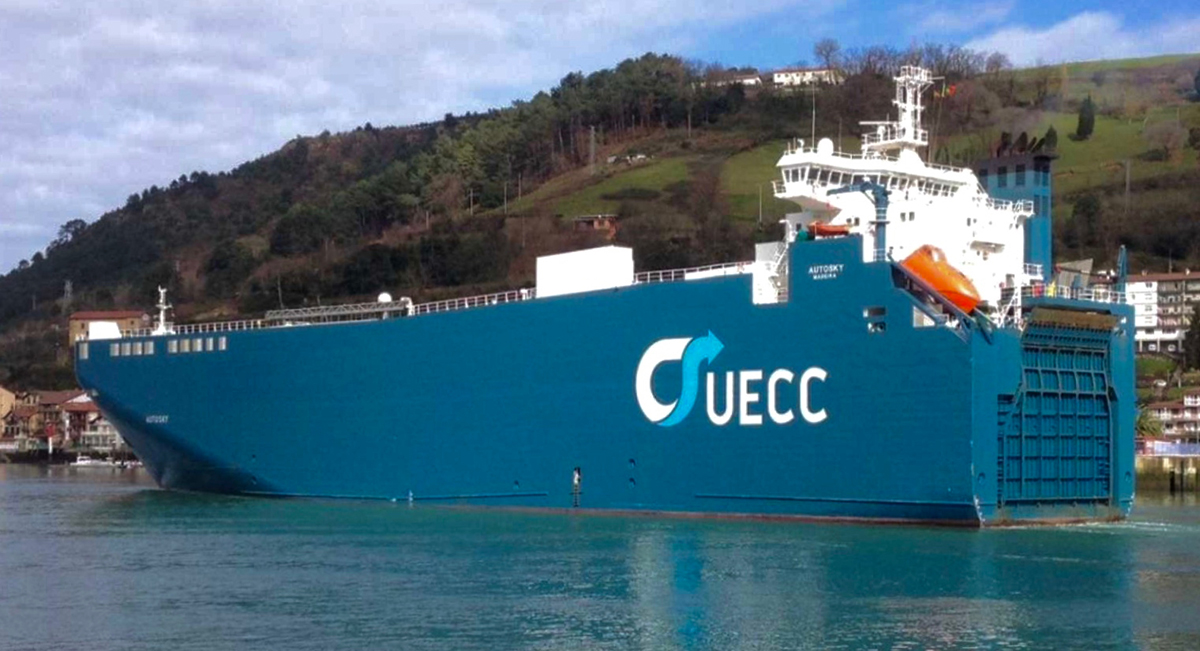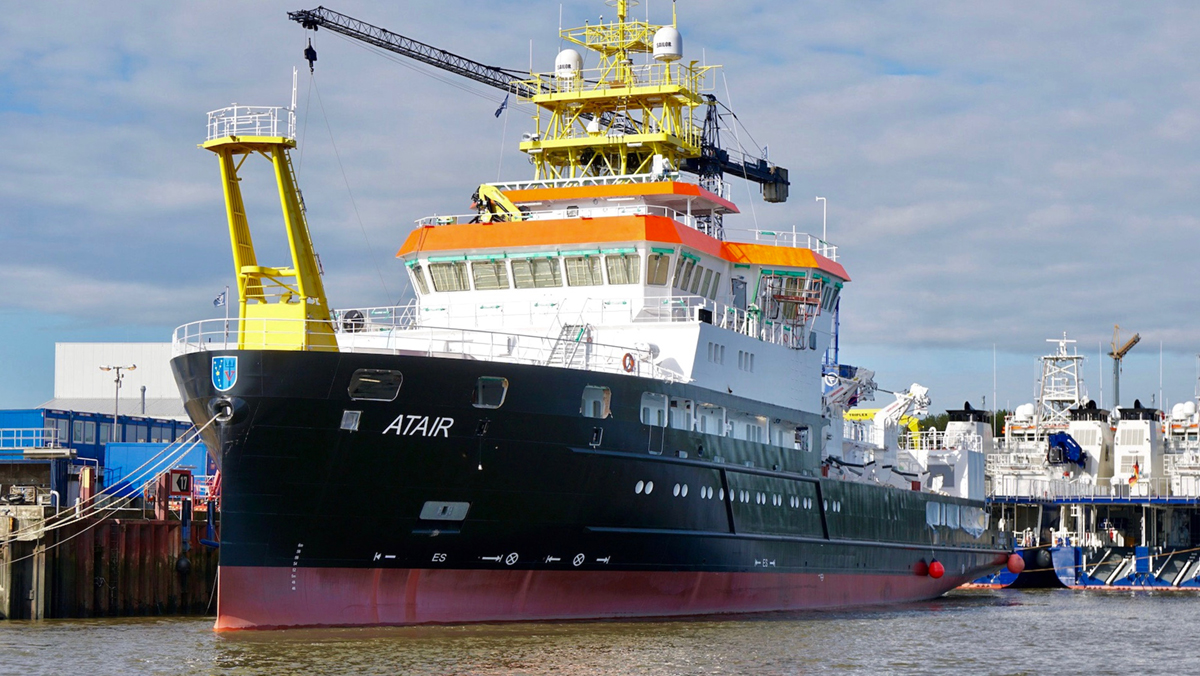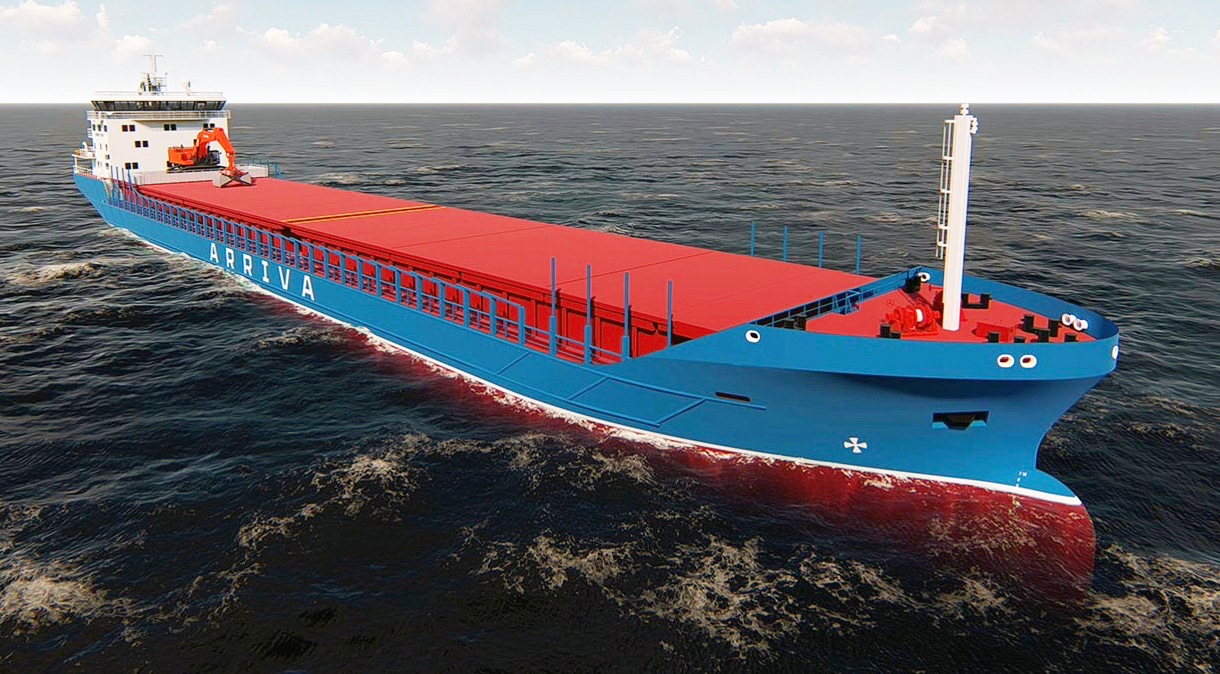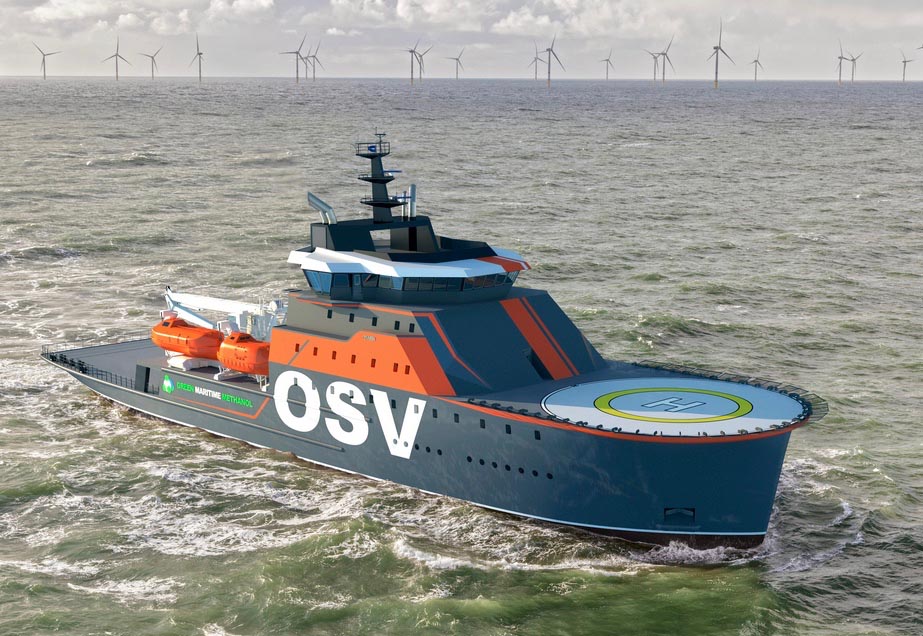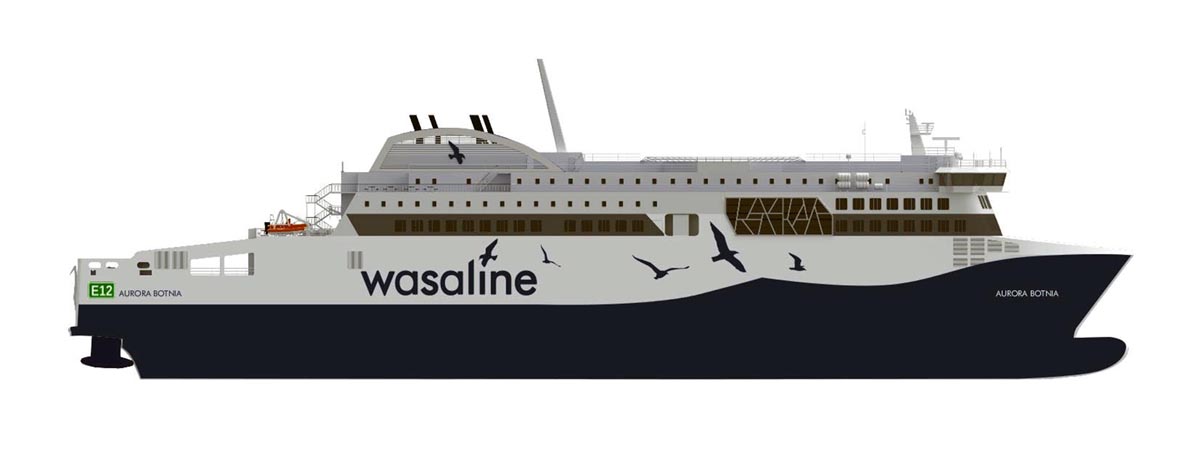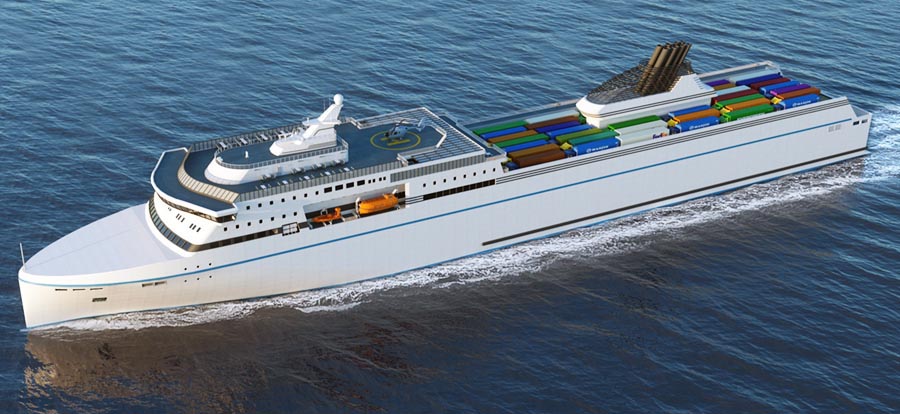01
May
Norway’s Avance Gas Holding has ordered two 91,000 cubic meter capacity LPG carriers from South Korea’s Daewoo Shipbuilding & Marine Engineering Company that will be fitted with dual-fuel LPG-burning engines to allow the ships to burn a portion of their cargo as fuel. The first of the new vessels is scheduled to be delivered in the fourth quarter of next year while the second will follow in early 2022.

